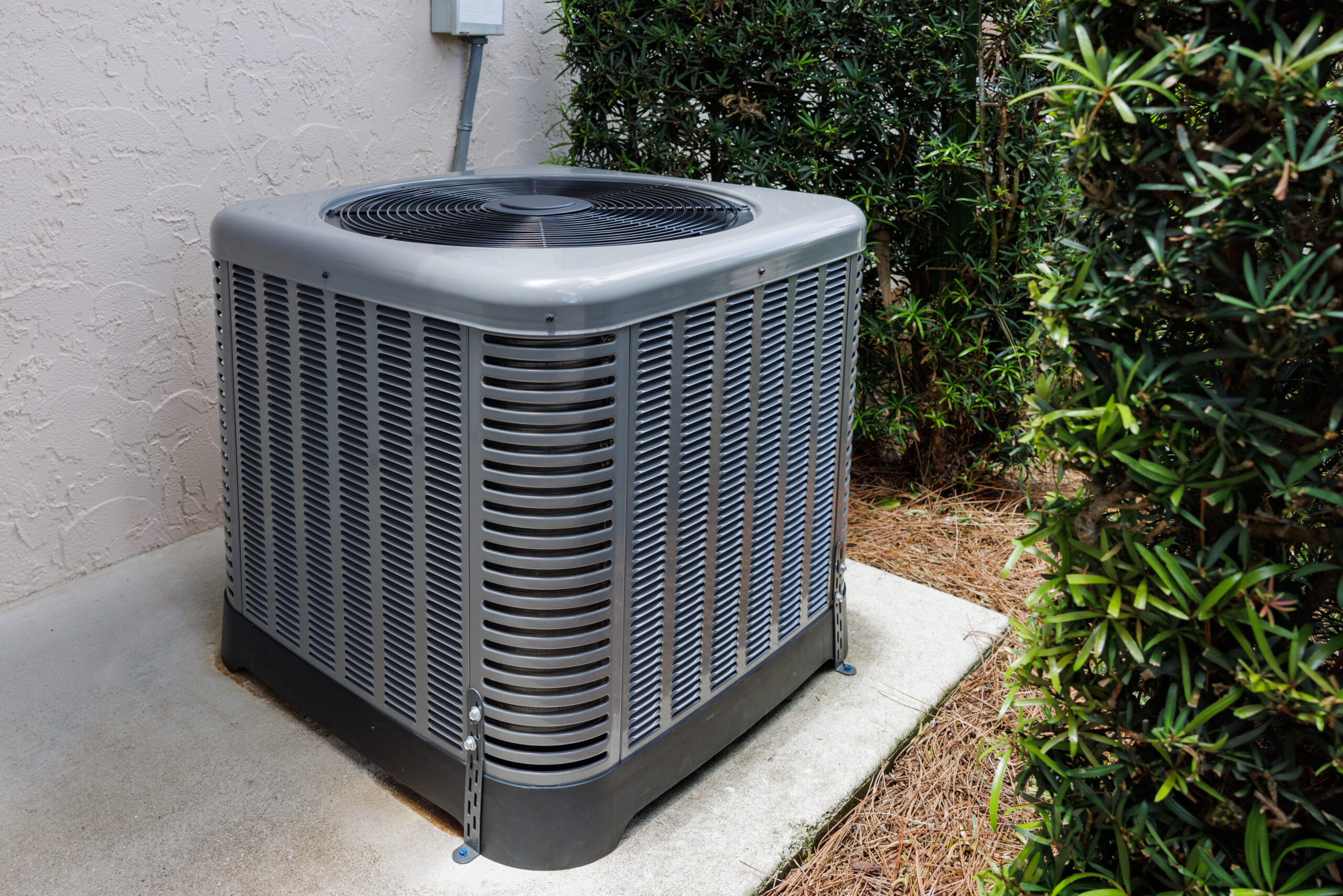Practical Tips for Maximizing the Lifespan of Your Air Conditioning Unit

Your home’s air conditioning system is a vital investment that ensures comfort during hot summer months. To prolong its lifespan and optimize efficiency, implementing regular maintenance and adopting good practices can make a significant difference. Here’s a comprehensive guide to help you extend the life of your air conditioning system:
1. Schedule Regular Maintenance:
Regular maintenance is key to keeping your AC system running smoothly:
- Annual Tune-Ups: Schedule professional maintenance at least once a year before the cooling season begins. A trained technician will inspect, clean, and lubricate components to enhance efficiency and identify potential issues early.
- Change Air Filters: Replace air filters every 1-3 months (depending on the filter type and household conditions) to prevent dust and debris buildup that can restrict airflow and strain the system.
2. Keep the Outdoor Unit Clear:
The outdoor condenser unit plays a crucial role in cooling your home:
- Clear Debris: Regularly remove leaves, dirt, and debris around the unit to ensure adequate airflow. Trim vegetation to maintain a clear space of at least 2 feet around the unit.
- Check for Obstructions: Ensure there are no obstructions blocking airflow into the unit, such as furniture, plants, or outdoor equipment.
3. Monitor Thermostat Settings:
Optimizing thermostat settings can improve efficiency and reduce wear on your AC system:
- Programmable Thermostat: Use a programmable thermostat to adjust temperatures based on your schedule, reducing cooling when the home is unoccupied or at night when temperatures naturally drop.
- Avoid Drastic Temperature Changes: Gradually adjust thermostat settings rather than making sudden temperature changes, which can strain the system.
4. Ensure Proper Ventilation and Insulation:
Efficient airflow and insulation help your AC system operate more effectively:
- Seal Air Leaks: Inspect doors, windows, and ductwork for leaks that could allow cool air to escape or hot air to enter. Seal gaps and cracks to improve energy efficiency.
- Insulate Attic and Ducts: Proper insulation in the attic and around ductwork prevents heat transfer, reducing the workload on your AC system.
5. Promote Airflow Indoors:
Optimize airflow within your home to enhance cooling efficiency:
- Keep Vents Clear: Ensure furniture, drapes, or rugs do not obstruct vents, preventing airflow and causing uneven cooling.
- Use Fans: Ceiling fans and portable fans can help circulate air throughout your home, reducing the workload on your AC system.
6. Monitor System Performance:
Stay vigilant for signs of potential issues to address them promptly:
- Unusual Noises: Pay attention to strange noises such as grinding, squealing, or banging, which may indicate mechanical problems.
- Leaks or Moisture: Check for leaks or excess moisture around the AC unit, as these can signal issues with the refrigerant or drainage system.
7. Consider Professional Upgrades and Updates:
Investing in upgrades can improve efficiency and prolong the lifespan of your AC system:
- Upgrade to Energy-Efficient Equipment: Consider replacing older AC units with ENERGY STAR® certified models that use up to 20% less energy than standard models.
- Duct Cleaning and Sealing: Periodically clean and seal ductwork to improve airflow and reduce energy loss.
A well-maintained AC system not only ensures comfort but also contributes to energy savings and reduces the likelihood of costly repairs. Remember, proactive care and attention to your AC system will pay off in comfort and longevity for years to come. But even well-maintained AC units break down eventually due to wear and tear. To help reduce stress and the cost of unexpected repairs, make sure your home is covered with a Choice Home Warranty!




